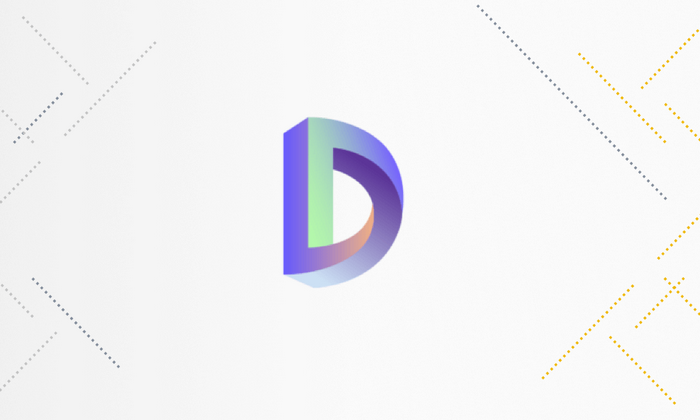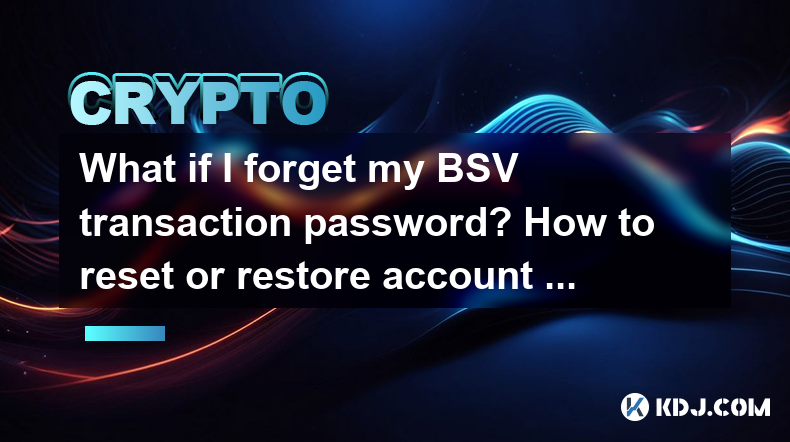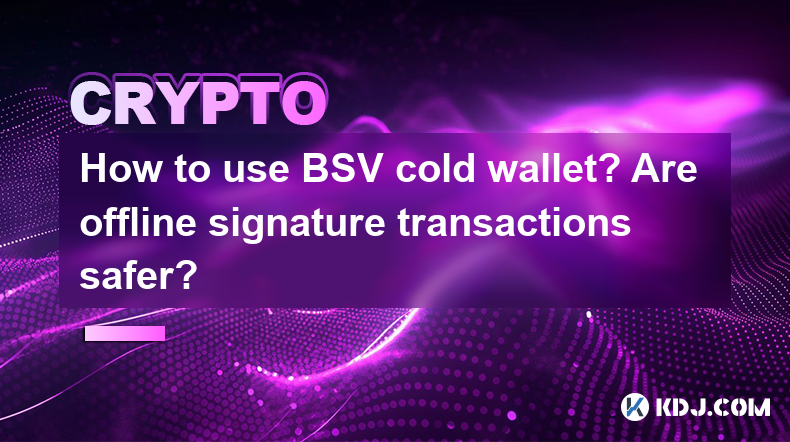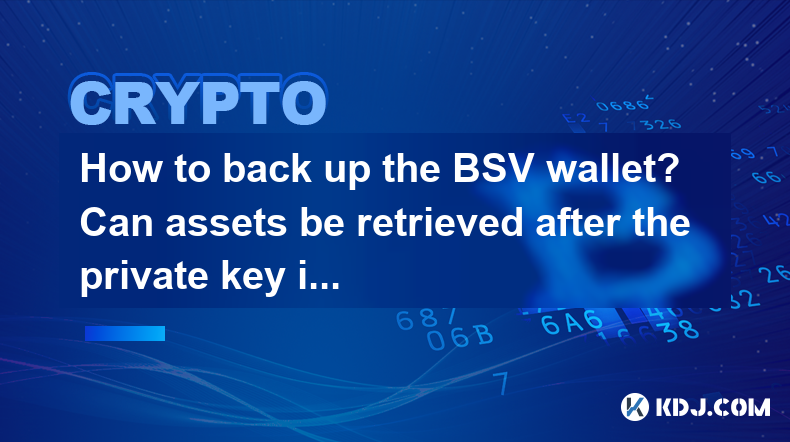-
 Bitcoin
Bitcoin $97,447.2407
0.44% -
 Ethereum
Ethereum $1,850.0507
-0.50% -
 Tether USDt
Tether USDt $1.0004
0.00% -
 XRP
XRP $2.2164
-1.04% -
 BNB
BNB $600.3315
-0.33% -
 Solana
Solana $150.0338
-1.24% -
 USDC
USDC $0.9999
-0.01% -
 Dogecoin
Dogecoin $0.1822
-0.11% -
 Cardano
Cardano $0.7048
-0.39% -
 TRON
TRON $0.2470
0.19% -
 Sui
Sui $3.4555
-6.42% -
 Chainlink
Chainlink $14.8598
-0.34% -
 Avalanche
Avalanche $21.4300
-0.12% -
 Stellar
Stellar $0.2739
-1.38% -
 UNUS SED LEO
UNUS SED LEO $8.8568
-1.11% -
 Shiba Inu
Shiba Inu $0.0...01354
-1.20% -
 Hedera
Hedera $0.1866
-1.86% -
 Toncoin
Toncoin $3.1624
-1.18% -
 Bitcoin Cash
Bitcoin Cash $381.9523
4.41% -
 Hyperliquid
Hyperliquid $21.1456
5.23% -
 Litecoin
Litecoin $88.3978
-0.55% -
 Polkadot
Polkadot $4.1953
0.12% -
 Dai
Dai $1.0001
0.01% -
 Monero
Monero $288.5187
4.33% -
 Bitget Token
Bitget Token $4.4429
1.11% -
 Ethena USDe
Ethena USDe $1.0009
0.04% -
 Pi
Pi $0.5913
-2.94% -
 Pepe
Pepe $0.0...08805
-0.80% -
 Aptos
Aptos $5.4684
-1.17% -
 Uniswap
Uniswap $5.2750
-2.39%
How to buy DIA coins safely and reliably
When purchasing DIA coins, it's crucial to select a trustworthy cryptocurrency exchange like Binance or Huobi Global for a secure and reliable trading experience.
Dec 07, 2024 at 12:03 pm

How to Buy DIA Coins Safely and Reliably
DIA, or the Decentralized Information Asset, is a blockchain-based platform that enables the sharing and use of data from various sources. The DIA token is the native cryptocurrency of the DIA platform and can be used to pay for data, participate in governance, and access premium features.
Buying DIA coins safely and reliably is essential to ensure the security of your investment and avoid potential scams. Here is a comprehensive guide on how to buy DIA coins securely:
Step 1: Choose a Reputable Cryptocurrency Exchange
The first step in buying DIA coins is to choose a reputable cryptocurrency exchange. There are many exchanges available, so it is important to do your research and select one that is reliable, secure, and offers DIA trading pairs. Some popular exchanges that offer DIA include:
- Binance: Binance is the largest cryptocurrency exchange in the world and offers a wide range of cryptocurrencies, including DIA. It is known for its high liquidity, security measures, and user-friendly interface.
- KuCoin: KuCoin is another popular cryptocurrency exchange that offers a wide selection of altcoins, including DIA. It is known for its low trading fees and support for multiple fiat currencies.
- Huobi Global: Huobi Global is a reputable cryptocurrency exchange based in China. It offers a variety of trading pairs, including DIA, and is known for its advanced trading tools and mobile app.
Step 2: Create an Account and Verify Your Identity
Once you have chosen an exchange, you need to create an account and verify your identity. This is a standard requirement for most cryptocurrency exchanges and helps prevent fraud and money laundering. To verify your identity, you will typically need to provide a government-issued ID and proof of address.
Step 3: Fund Your Account
After your account has been verified, you need to fund it with the currency you want to use to buy DIA coins. Most exchanges support a variety of payment methods, including bank transfers, credit/debit cards, and other cryptocurrencies. Choose a payment method that is convenient and cost-effective for you.
Step 4: Place a Buy Order
Once your account is funded, you can place a buy order for DIA coins. To do this, navigate to the DIA trading page and enter the amount of DIA you want to buy. You will also need to specify the type of order you want to place, such as a market order or a limit order.
- Market Order: A market order is executed immediately at the current market price. This is the simplest type of order, but it may not always get you the best price.
- Limit Order: A limit order is executed only when the market price reaches a specified price. This allows you to set a price at which you are willing to buy DIA coins and wait for the market price to reach that level.
Step 5: Store Your DIA Coins
Once you have successfully purchased DIA coins, you need to store them securely. There are two main options for storing cryptocurrencies:
- Software Wallets: Software wallets are digital wallets that store your private keys on your computer or mobile device. They are convenient and easy to use, but they are also vulnerable to hacking.
- Hardware Wallets: Hardware wallets are physical devices that store your private keys offline. They are more secure than software wallets, but they can be more expensive and less convenient.
Conclusion
Buying DIA coins safely and reliably requires careful consideration and adherence to best practices. By following the steps outlined in this guide, you can minimize the risks and ensure the security of your investment. Remember to choose a reputable exchange, verify your identity, fund your account, place a buy order, and store your DIA coins securely.
Disclaimer:info@kdj.com
The information provided is not trading advice. kdj.com does not assume any responsibility for any investments made based on the information provided in this article. Cryptocurrencies are highly volatile and it is highly recommended that you invest with caution after thorough research!
If you believe that the content used on this website infringes your copyright, please contact us immediately (info@kdj.com) and we will delete it promptly.
- Tether to compete with USD1
- 2025-05-03 02:05:13
- Bitcoin (BTC) and Most Top Altcoins Rally as S&P 500 Index Mirrors 1998 V-Shaped Recovery
- 2025-05-03 02:05:13
- Ethereum (ETH) Is Back in the Spotlight as Traders Prepare for What Could Be a Decisive Breakout Year
- 2025-05-03 02:00:20
- Cryptocurrency Strays Further From the Margins, Targeting New Users With MoneyGram and Bitget Integrations
- 2025-05-03 02:00:20
- Tether Launches a New Dollar-Pegged Stablecoin Based in the United States
- 2025-05-03 01:55:12
- Europe Cracks Down on Anonymous Cryptocurrency Transactions with New Anti-Money Laundering Regulations
- 2025-05-03 01:55:12
Related knowledge

BSV transaction fees suddenly increased? How to adjust the handling fee to save costs?
May 02,2025 at 06:42am
Understanding BSV Transaction FeesBSV (Bitcoin SV) aims to fulfill the original vision of Bitcoin as a peer-to-peer electronic cash system. One of the key elements in this system is the transaction fee, which compensates miners for including transactions in the blockchain. Recently, users have noticed a sudden increase in BSV transaction fees, which can...

How to solve the high slippage of BSV transactions? How to choose between limit and market orders?
May 02,2025 at 09:01pm
High slippage can be a significant concern for traders dealing with Bitcoin SV (BSV) transactions. Slippage refers to the difference between the expected price of a trade and the price at which the trade is actually executed. This can occur in fast-moving markets or when there is low liquidity. To address this issue, understanding the mechanics of slipp...

What if I forget my BSV transaction password? How to reset or restore account permissions?
May 02,2025 at 02:49pm
Forgetting your BSV (Bitcoin SV) transaction password can be a stressful experience, but there are steps you can take to reset or restore your account permissions. This article will guide you through the process, ensuring you understand each step and potential solutions available to you. Understanding BSV Transaction PasswordsBSV transaction passwords a...

How to use BSV cold wallet? Are offline signature transactions safer?
May 02,2025 at 05:21am
Using a BSV (Bitcoin SV) cold wallet involves several steps to ensure the secure storage and management of your cryptocurrency. A cold wallet, also known as a hardware wallet or offline wallet, is a physical device that stores your private keys offline, making it much more secure than keeping your keys on a computer or mobile device connected to the int...

How to back up the BSV wallet? Can assets be retrieved after the private key is lost?
May 01,2025 at 11:50pm
Introduction to BSV Wallet BackupBacking up your BSV (Bitcoin SV) wallet is a crucial step in safeguarding your digital assets. The process involves securing your private keys, which are essential for accessing and managing your BSV. Understanding how to back up your wallet and the implications of losing your private key is vital for any cryptocurrency ...

Is BSV worth holding for a long time? Which is more suitable, fixed investment or one-time purchase?
Apr 30,2025 at 08:39pm
Is BSV worth holding for a long time? Which is more suitable, fixed investment or one-time purchase? Bitcoin SV (BSV) has been a topic of interest and debate within the cryptocurrency community since its inception. Stemming from a hard fork of Bitcoin Cash (BCH), BSV aims to fulfill the original vision of Bitcoin as outlined by Satoshi Nakamoto, focusin...

BSV transaction fees suddenly increased? How to adjust the handling fee to save costs?
May 02,2025 at 06:42am
Understanding BSV Transaction FeesBSV (Bitcoin SV) aims to fulfill the original vision of Bitcoin as a peer-to-peer electronic cash system. One of the key elements in this system is the transaction fee, which compensates miners for including transactions in the blockchain. Recently, users have noticed a sudden increase in BSV transaction fees, which can...

How to solve the high slippage of BSV transactions? How to choose between limit and market orders?
May 02,2025 at 09:01pm
High slippage can be a significant concern for traders dealing with Bitcoin SV (BSV) transactions. Slippage refers to the difference between the expected price of a trade and the price at which the trade is actually executed. This can occur in fast-moving markets or when there is low liquidity. To address this issue, understanding the mechanics of slipp...

What if I forget my BSV transaction password? How to reset or restore account permissions?
May 02,2025 at 02:49pm
Forgetting your BSV (Bitcoin SV) transaction password can be a stressful experience, but there are steps you can take to reset or restore your account permissions. This article will guide you through the process, ensuring you understand each step and potential solutions available to you. Understanding BSV Transaction PasswordsBSV transaction passwords a...

How to use BSV cold wallet? Are offline signature transactions safer?
May 02,2025 at 05:21am
Using a BSV (Bitcoin SV) cold wallet involves several steps to ensure the secure storage and management of your cryptocurrency. A cold wallet, also known as a hardware wallet or offline wallet, is a physical device that stores your private keys offline, making it much more secure than keeping your keys on a computer or mobile device connected to the int...

How to back up the BSV wallet? Can assets be retrieved after the private key is lost?
May 01,2025 at 11:50pm
Introduction to BSV Wallet BackupBacking up your BSV (Bitcoin SV) wallet is a crucial step in safeguarding your digital assets. The process involves securing your private keys, which are essential for accessing and managing your BSV. Understanding how to back up your wallet and the implications of losing your private key is vital for any cryptocurrency ...

Is BSV worth holding for a long time? Which is more suitable, fixed investment or one-time purchase?
Apr 30,2025 at 08:39pm
Is BSV worth holding for a long time? Which is more suitable, fixed investment or one-time purchase? Bitcoin SV (BSV) has been a topic of interest and debate within the cryptocurrency community since its inception. Stemming from a hard fork of Bitcoin Cash (BCH), BSV aims to fulfill the original vision of Bitcoin as outlined by Satoshi Nakamoto, focusin...
See all articles





















































































